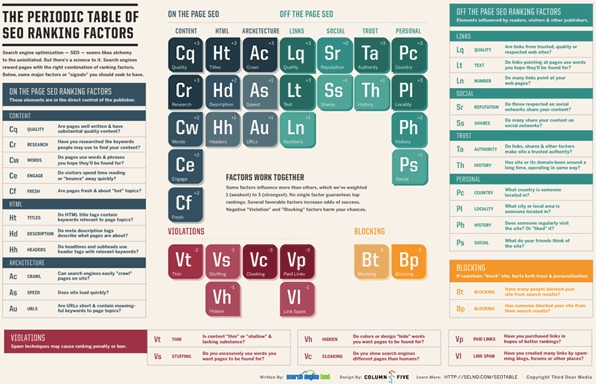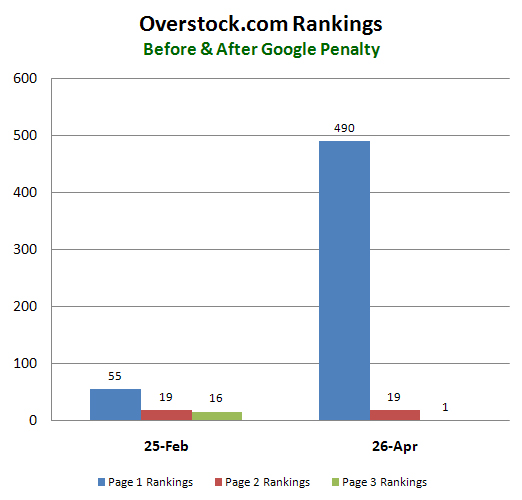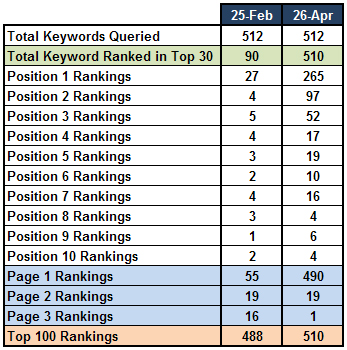
It’s been a little over a year since the last big SEO scandal hit the news, so I guess we were due for a big story. And what do you know – IT’S ABOUT PAID LINKS! Good lord. Are we still outraged about people buying links? WTF, man. Get over it.
The SEO industry is full of a bunch of amateurs right now. They think buying links is a black hat strategy. LOLz. If they knew anything about blackhat tactics, they would know that blackhatters are not paying for links. Not in the traditional sense anyway. And not good blackhatters. Blackhat SEOs are much more intelligent than spending all of their time building links. They write software for that. Also, while blackhat SEOs operate in the gray area of SEO and Google’s guidelines, many of them also tend to operate in the gray area of the law. Furthermore, they are more interested in making money than giving it to someone else for a crappy link.
It’s pretty clear that the SEO industry has an abundance of ignorant SEO noobs. They actually have no idea WTF blackhat SEOs are doing these days. Paying for links is blackhat? Shut up and get back to your title tags and robots.txt files.
As far as calling out iAcquire – no shit iAcquire has a linkbuilding component to their business! They bought Conductor’s paid link business, and everyone knows about that. Big deal. Do a little research (i.e. go to LinkedIn), and you’ll find that iAquire’s co-founders are Joe Griffin and Jay Swansson. These guys have been in the game a long time. Joe founded SubmitAWebsite and the search agency at Web.com. He was also a VP at iCrossing. And Jay Swansson used to work at Text-Link-Ads. He knows all about effective link building. These are two smart dudes who have a track record of producing results. Now everyone is under the impression that iAcquire is some evil blackhat company. That is a gross reduction of their company.
And Mike King – that guy is a fully registered SEO badass. He is the kind of person that most SEOs wish they could be. He’s got mad skills as a coder, developer, SEO, speaker, and blogger, and it’s like someone fine tuned his brain to be an SEO. If you’ve ever heard him speak at conferences, you’d see what I mean. Also, Mike is someone who shares a lot of information about modern SEO strategy. Take a look at his post on SEOmoz.org called ‘The Noob Guide to Link Building‘. Yeah. That’s some good stuff right there. I’m really not sure why Mike was even mentioned in Josh’s post.
Link building is not a bad thing. If I was approached by an SEO that didn’t have a linkbuilding strategy, I’d be like “GTFO! NOW!” Go ahead and call it ‘inbound marketing’ – it’s a service that everyone needs. It’s integral to SEO. It’s basically digital PR. Nowadays, ‘inbound marketing’ is the safest word in SEO. Some people use it as an umbrella term that covers paid link building, but it covers so much more than that. And here’s a shocker: nearly every aspect of inbound marketing involves getting links, and getting links is going to cost money. Press releases don’t write and distribute themselves. Someone has to connect with influencers and bloggers. Guest posts don’t write themselves. Building links is an art, and it can take on 100’s of forms. But at the end of the day, you’ve gotta do it if you want to succeed in organic search today.
Here’s a little secret: Every good SEO has a good link builder. Never forget that. It’s the reality today. But now that Penguin and Panda are out, a lot of SEOs are scrambling to find new linkbuilders and new linkbuilding tactics. A lot of the HPBL networks got nailed, and now those network owners are going even more private. And believe me: shit is about to get really expensive because the cost of intelligently building links on private networks is going to skyrocket. Content has to get better. Hosting has to get more sophisticated. And they’ve gotta erase any and all footprints. There can be no evidence.
Ultimately, with PageRank becoming less and less of a ranking factor, gaming it with links will increasingly prove less valuable over time. There will always be paid link networks, but eventually paid links will become too expensive to produce, manage, and maintain (for most link buyers). All the money will move over to content generation and social media, where buying Likes and Tweets and +1’s is much safer and affordable – and effective! But that’s an entirely different post. I’ll save that for some other time.
On another note: I’ve seen the term ‘myopic SEO’ flying around Twitter today. Myopic should not have a negative connotation. That isn’t fair. Some SEOs are myopic by nature because that’s how they survive in their niche. They are nearsighted because all they care about is making money RIGHT NOW! Today even! Those SEOs are probably some of the most industrious, entrepreneurial people you will ever meet. But guess what – they are not out there sharing their secrets, and you’ll probably never meet them.
In the past, SEOs would share their secrets at conferences, in forums, on blogs, etc… But around 2009/2010, SEO went back underground, and the people who know how to make quick money sealed their lips (and/or their keyboards). Oh sure. You may still catch people blabbing about their victories on forums here and there, but DM any of those forums’ senior members, and they’ll tell you that the forum is full of noobs and that it’s nowhere near what it used to be in terms of content. And if someone on a forum goes public with a strategy that works, 99% of the time all the readers will go out and beat it to death.
So if you’re not the myopic SEO, you probably fall into the group of SEOs who is interested in sustainable SEO. In reality, this bucket is where most SEOs reside. They promote the idea that SEO is a longterm strategy, where good guys finish first in the SERPs and Alt tags make a difference for your rankings. Sustainable SEO means that you are most likely working for a client where you are fitting into a larger marketing machine. You can’t act alone, and if you do something dumb, you could end up costing yourself and/other people their jobs. SEO for this group is a longterm strategy, and you’d better get buckled in because it’s going to be a long flight.
Sustainable SEO is the place where you have to be really smart about link building. You might even call it white hat link building…which is kind of an oxymoron. It means that you need to be smart about your link building strategies. 2011 was an amazing year for building links via private blog networks. You can’t rely on that any longer. You also can’t only go after unbranded anchors. You’ve gotta diversify. When it comes to paid link building, there’s a lot of stuff to consider these days. Do your research and be smart. You don’t want the Penguin catching you.
BTW here’s a great post Danny Sullivan wrote about all of this. I’m really looking forward to Aaron Wall’s blog post about all of this.
Well, that’s my rant. Smell ya later.





